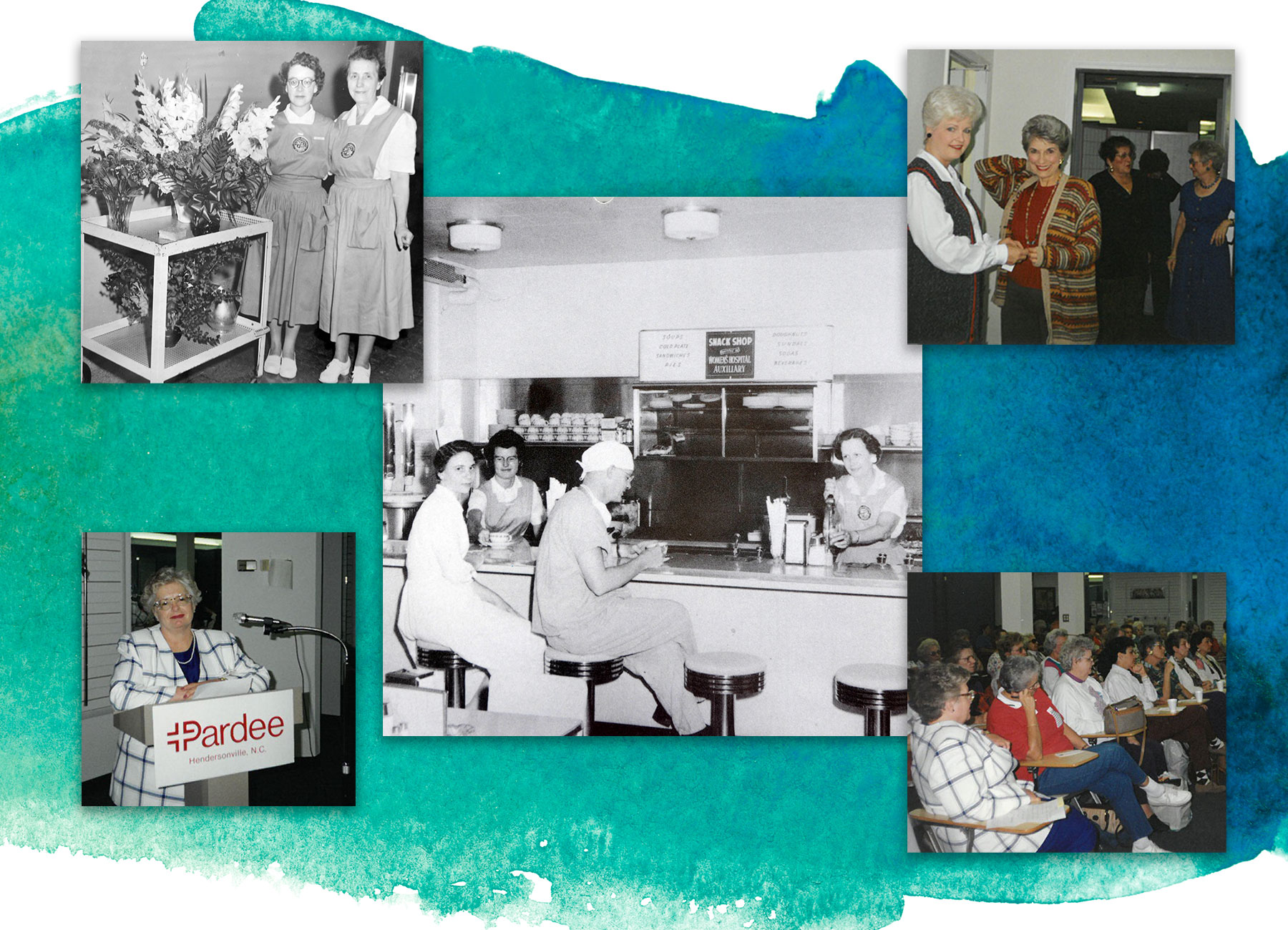It feels good to wake up in the morning after a full night of sleep, rejuvenated and ready to start the day. But sometimes, that’s not always the case and some people don’t always experience this restful state, rather feeling exhausted, even after a full night’s sleep.
If you’re like some of my patients, you may be waking up feeling tired and lethargic. This could be a sign that you may have a sleep disorder called obstructive sleep apnea. Not only does this leave you chronically fatigued, but it could also increase your risk of serious health issues.
What is Obstructive Sleep Apnea?
Obstructive sleep apnea is a common sleep-related breathing disorder which results in decreased airflow to your lungs. It means that your breathing often is blocked or partly blocked while you’re sleeping. As the air column is impaired, carbon dioxide levels can rise, and oxygen levels drop leading to an emergent situation in your body.
These episodes can occur anywhere from five to 30 times per hour throughout the evening. This prevents you from reaching deep, restorative sleep, which can explain why you feel tired, make frequent trips to the bathroom or even have symptoms of insomnia after sleep onset.
What are the Signs You Have Obstructive Sleep Apnea?
The most common signs of obstructive sleep apnea are loud snoring, excessive daytime sleepiness, trouble concentrating during the day, witnessed episodes of not breathing during sleep, abruptly waking up while choking or gasping, waking up with a sore throat or dry mouth, having a headache in the morning, decreased libido, waking up frequently to use the bathroom, mood changes like irritability or depression, and high blood pressure.
Sleep apnea is diagnosed through an in-lab sleep study or a home sleep apnea test.
Risk Factors for Obstructive Sleep Apnea
While anyone can develop obstructive sleep apnea, the following factors increase your risk: being overweight or obese, being middle-aged, having a large neck size (17 inches or more for men, 16 inches or more for women), being male, being sedated by alcohol or certain medications, having high blood pressure, having airway abnormalities and having a family history of obstructive sleep apnea.
Why Should You be Concerned About Obstructive Sleep Apnea?
Obstructive sleep apnea goes beyond just a sleep disorder. It can increase your risk of serious health problems like atrial fibrillation (irregular heartbeat), heart disease (like heart attack, heart failure, high blood pressure and stroke or sudden cardiac death), eye problems, type 2 diabetes, pregnancy complications, chronic kidney disease, dementia in older adults, certain types of cancer (such as pancreatic, renal and skin cancers), and asthma.
It’s critical to get medical care if you suspect you have any of the warning signs of sleep apnea.
Can You Reduce Your Risk of Obstructive Sleep Apnea?
While some factors—such as your family history, age and sex—are not within your control, there are some things you can do to decrease your risk of obstructive sleep apnea. This includes losing weight if you are overweight, exercising regularly, eating a heart-healthy diet, not smoking, not drinking alcohol and taking a decongestant before bed if you have allergies.
Your health care provider may also recommend sleeping on your side or practicing good sleep hygiene (such as avoiding electronic devices an hour before bed and getting up and going to bed at the same time each day).
Treatment Options for Obstructive Sleep Apnea
The good news is there are several treatment options available for sleep apnea. One common treatment is the use of a continuous positive airway pressure (CPAP) machine. This machine includes a hose and nosepiece or mask that provides constant air pressure while you sleep.
Some patients benefit from using a mouthpiece that moves their jaw forward while they’re asleep. In some cases, surgery is necessary.
Good sleep helps your brain work the way it should and keeps your body healthy. If you have any concerns about your sleep, talk to your primary care provider or contact Carolina Lung and Sleep at Pardee.





